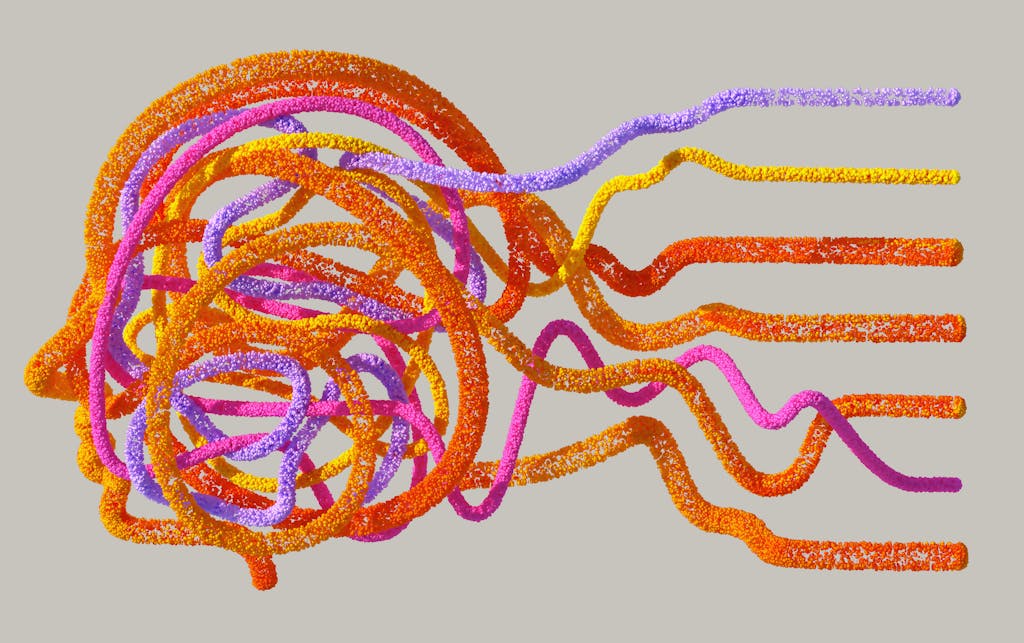Neuroplasticity: Re-wiring Your Brain
Neuroplasticity: Re-wiring Your Brain
Neuroplasticity, also known as neural plasticity or brain plasticity, refers to the ability of the nervous system to change its structure, functions, or connections in response to intrinsic or extrinsic stimuli. “It can involve functional changes due to brain damage or structural changes due to learning. Neuroplasticity is when the brain is rewired to function in a way that differs from how it previously functioned. It is a fundamental property of neurons that allows them to modify the strength and efficacy of synaptic transmission through a diverse number of activity-dependent mechanisms, typically referred to as synaptic plasticity. Neuroplasticity allows nerve cells to change or adjust, and it is an umbrella term referring to the brain’s ability to change, reorganize, or grow neural networks.”
In his book, Change Your Brain, Change Your Life, Dr. Daniel Amen discusses ANTS (Automatic Negative Thoughts). When we become aware of our immediate/automatic thoughts and learn how to write them down, we can significantly improve our quality of life and minimize stress levels. This is true for most people; however, people struggling with serious psychological issues may need more tools in their toolbox, such as medication.
We’ve been working on recognizing our negative thought processes since day one of recognizing our feelings. I find it fascinating that we ALL have automatic negative thoughts. All of us! I’m not oddly unique that I think this way, nor are you. We are not doomed or destined for constant destruction as our destiny. We can learn to take control of our thought processes by recognizing our automatic unpleasant thoughts and knowing ourselves.
Shirzad Chamine is the author of the New York Times bestselling book, Positive Intelligence. He has also created a fantastic program for people focusing on increasing their PQ (Positive Intelligence Quota). In the beginning of his book, he says that negative thinking is a “universal phenomenon.” We all have it, we all struggle with it, and it seems to be our initial knee-jerk reaction to think in negative terms.
He says, “Recent advances in functional MRI (fMRI), measures how neural activity changes blood flow, and it has allowed scientists and psychologists to witness the real-time working of the brain for the first time.” (click here to read a case study on new pathways after recovery from addiction to pornography) Or check out Faithful and True’s podcast on pornography. From Faithful & True Podcast: 206: Characteristics of Sex Addiction w/ Dr. Mark Laaser, Sep 17, 2024
https://podcasts.apple.com/us/podcast/faithful-true-podcast/id1581977979?i=1000669790560&r=2355 This material may be protected by copyright. (Some adaptations made for brevity.)





